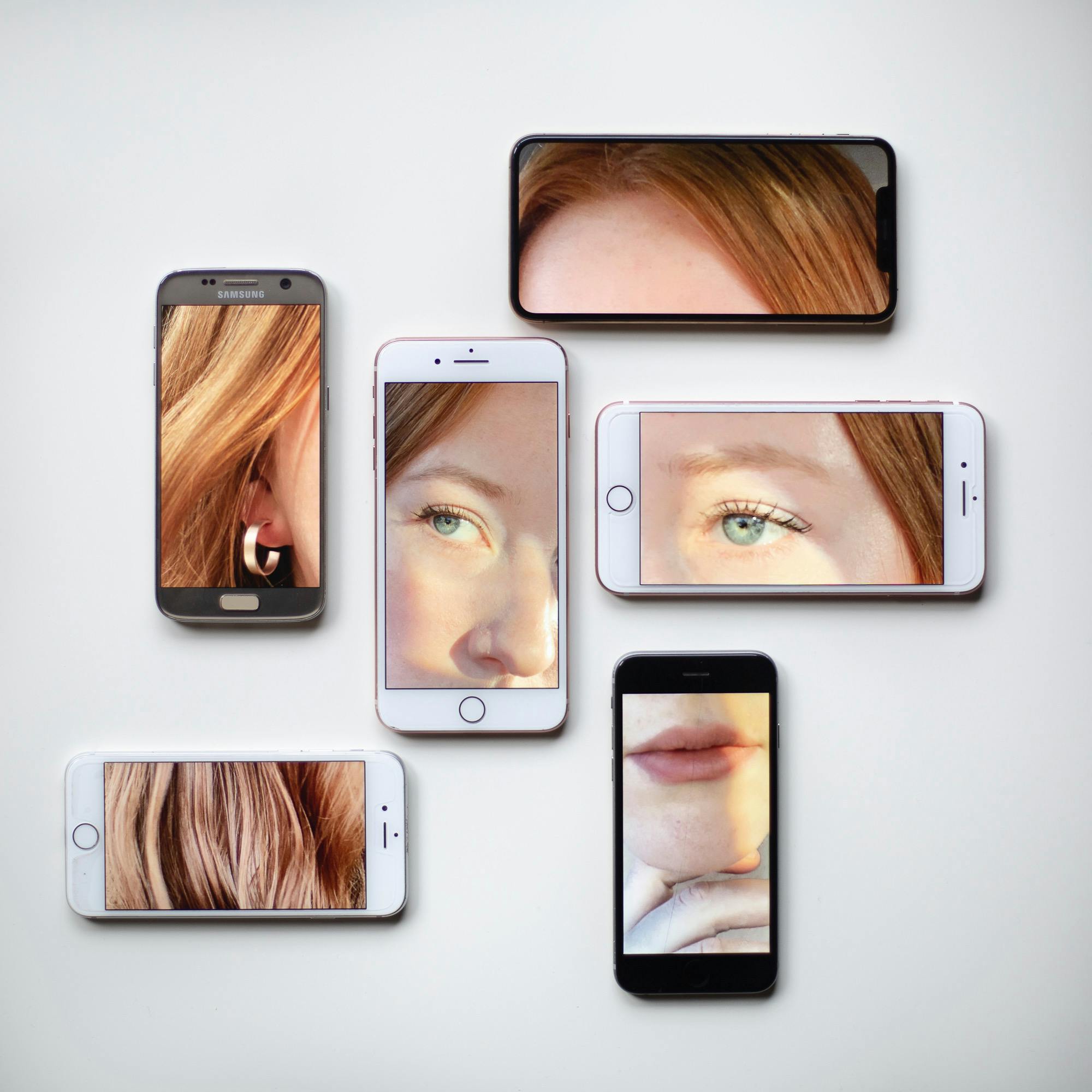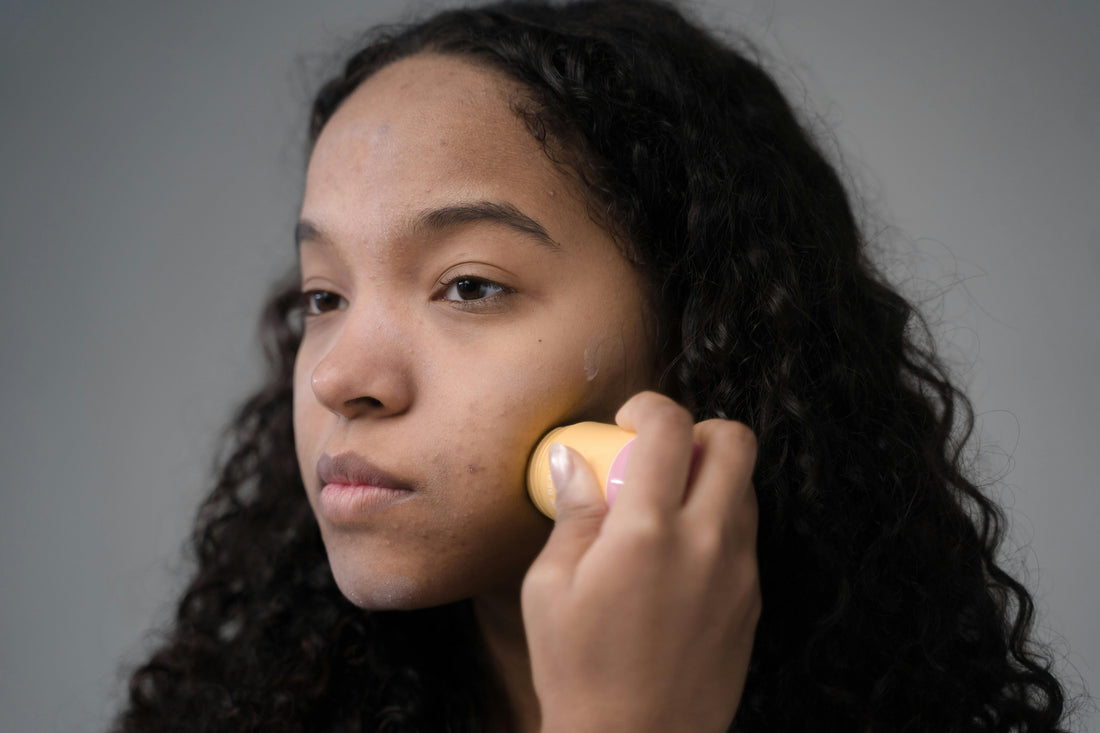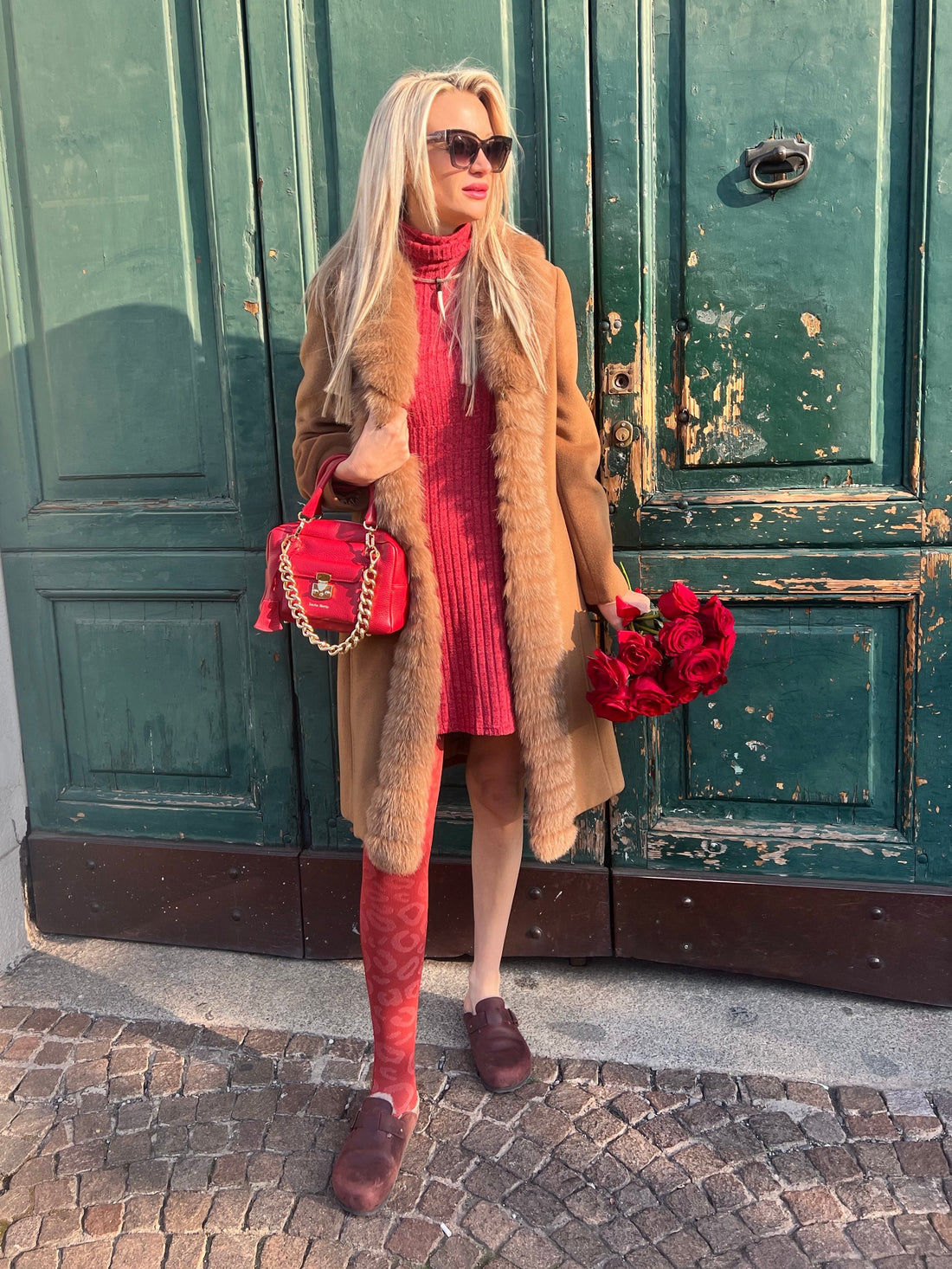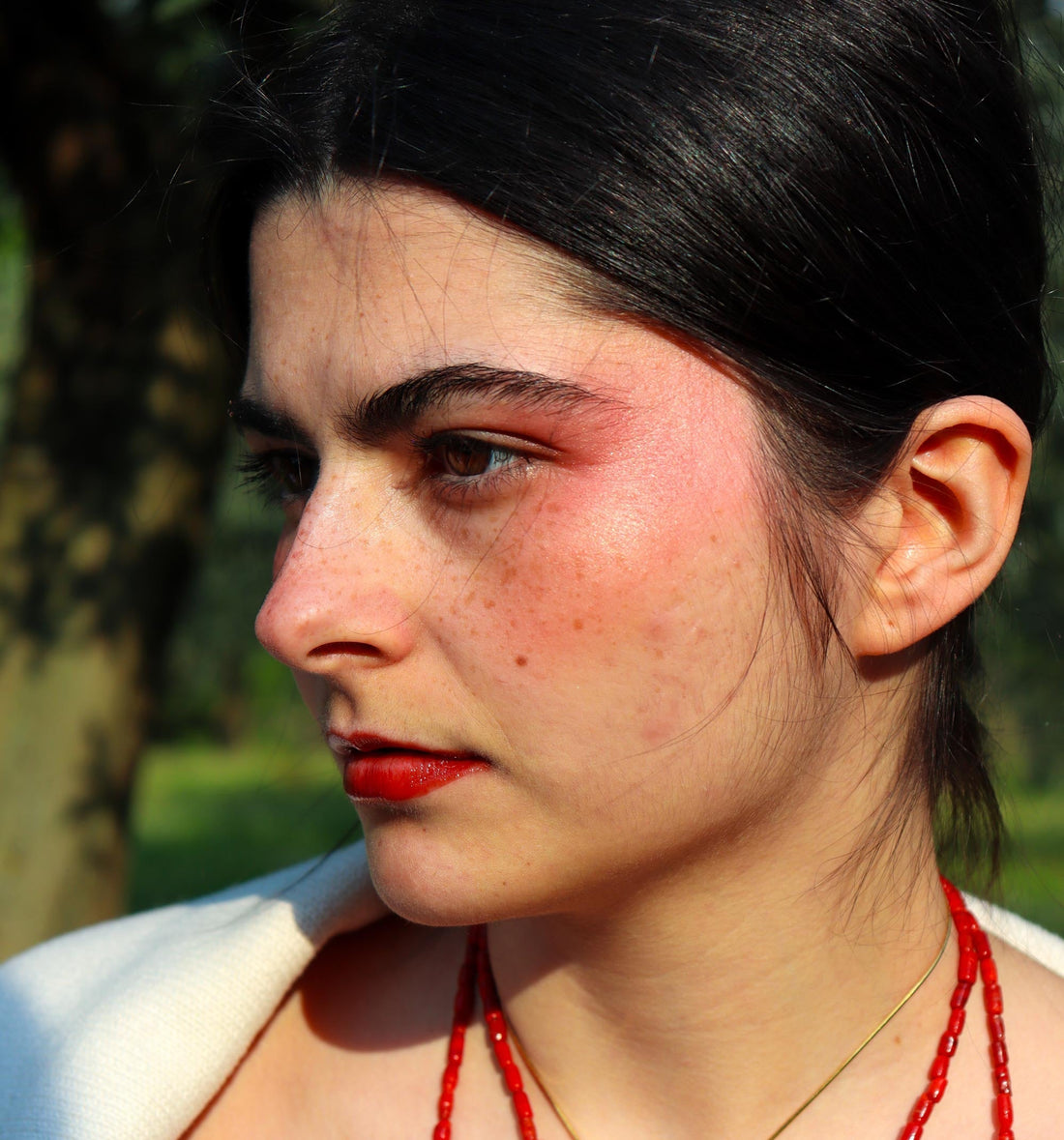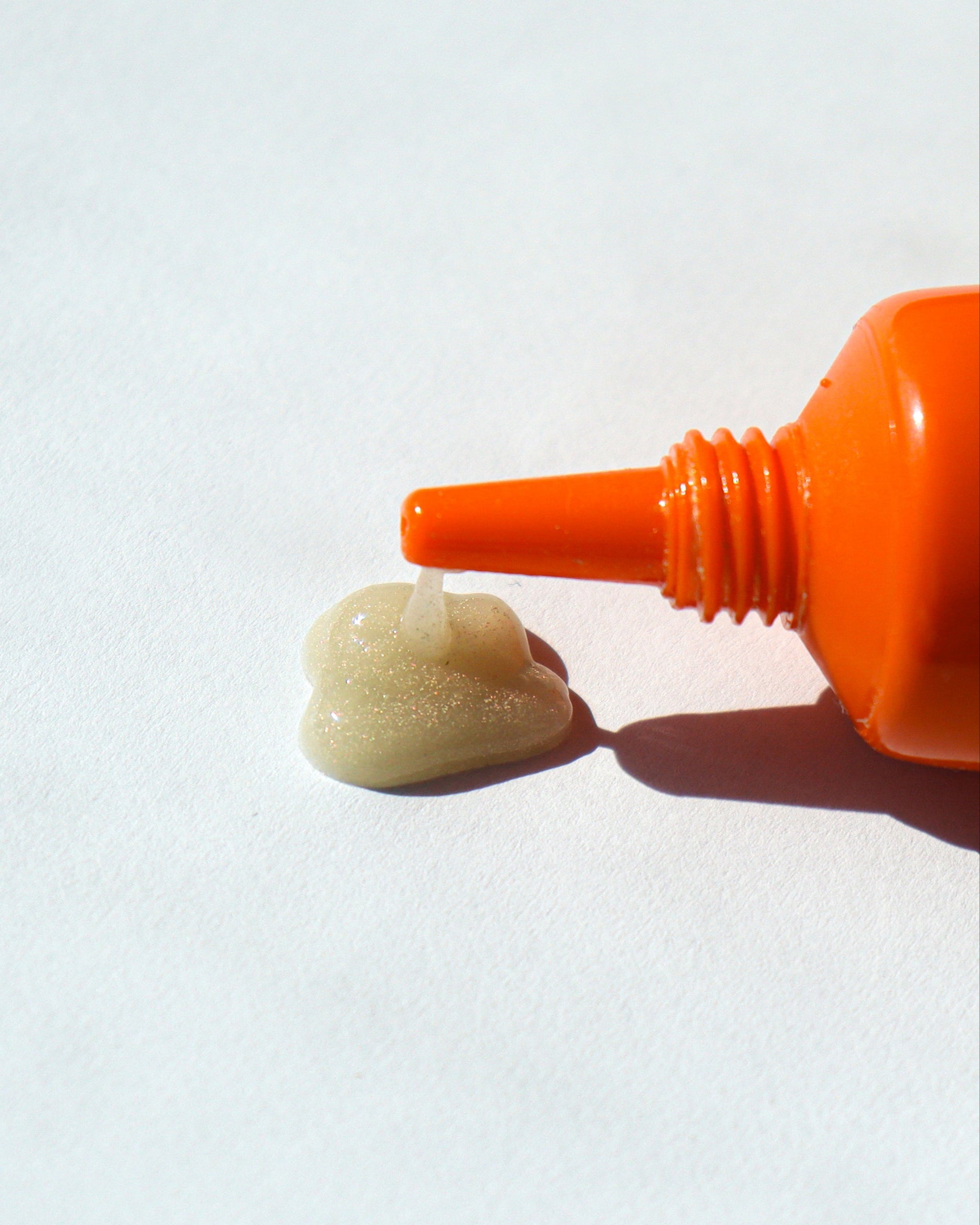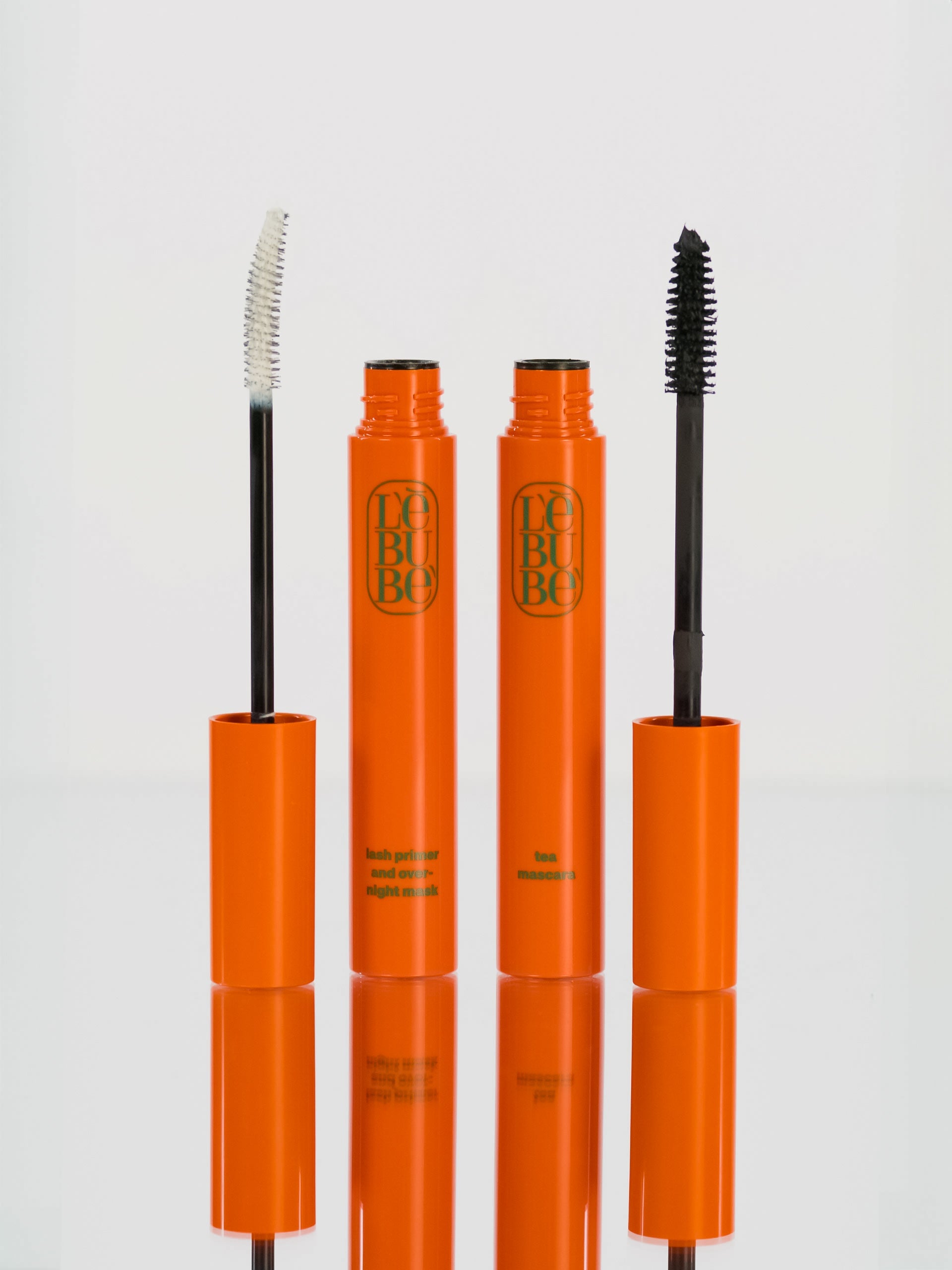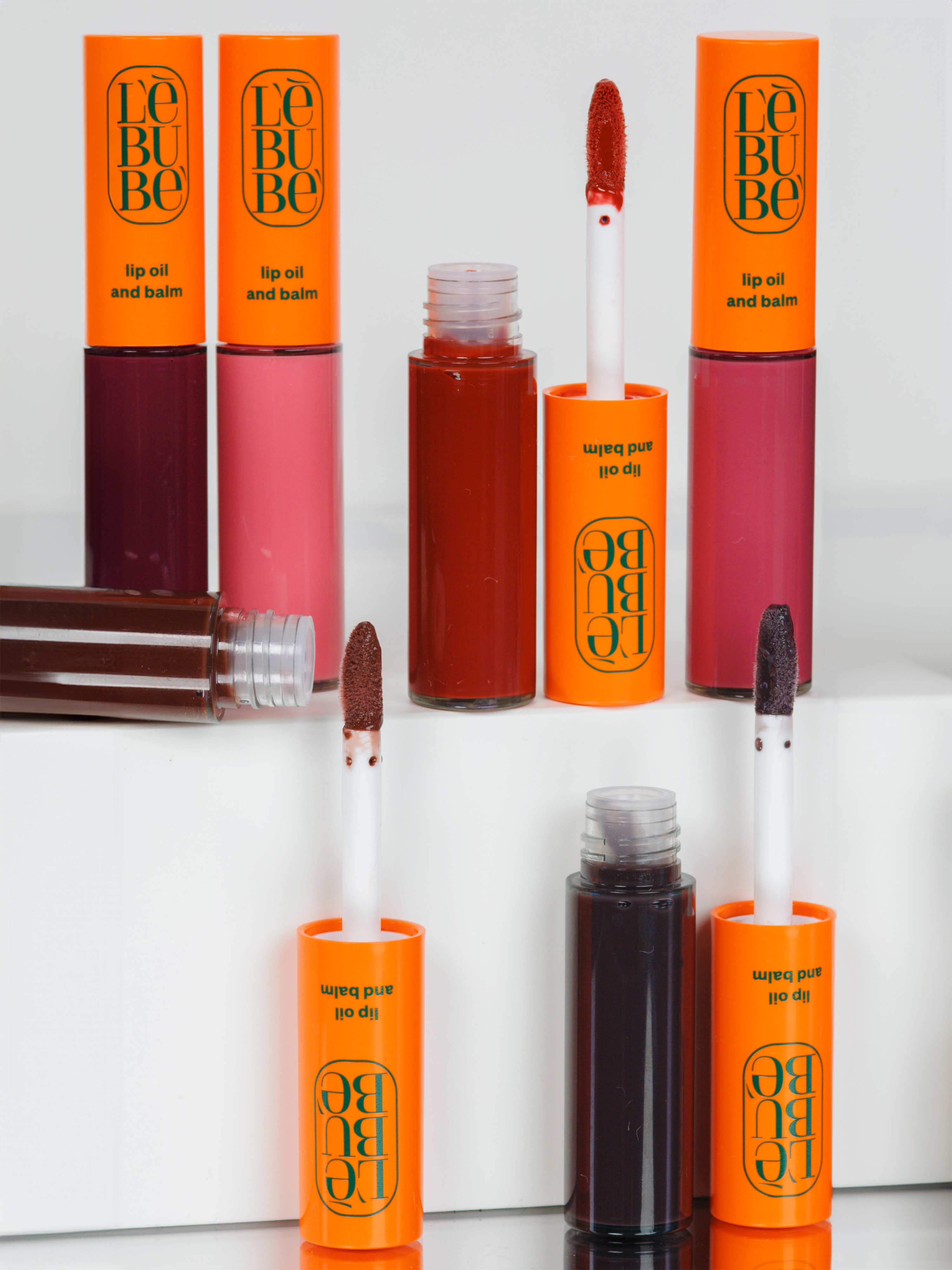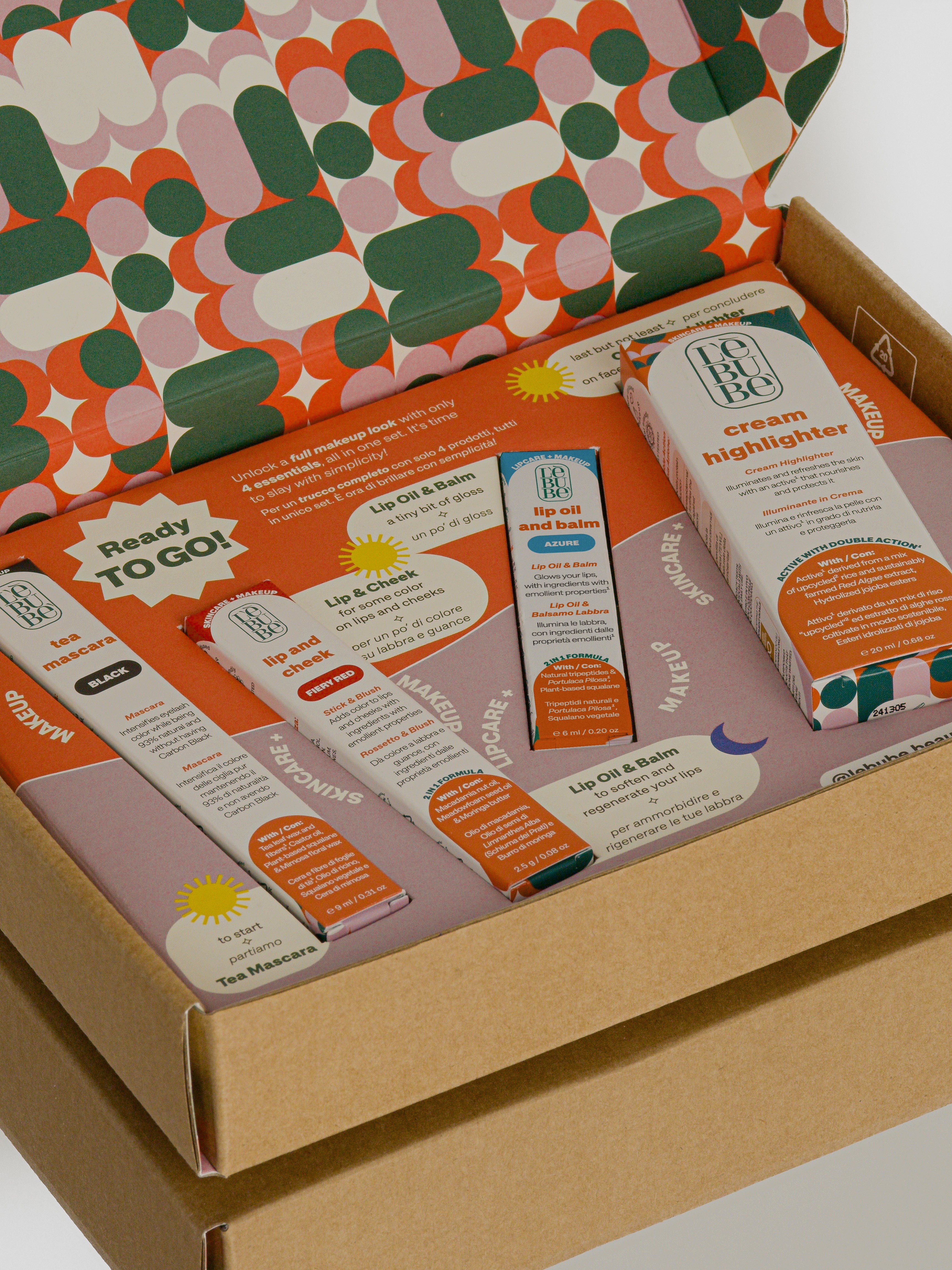TL;DR:
Beauty tech is the fusion of technology and cosmetics—where AI, AR, VR, 3D printing, and biotechnology create more personalized, sustainable, and interactive beauty experiences. From virtual try-ons to custom serums and vegan biotech collagen, this movement is redefining what beauty means today and in the future.
What Is Beauty Tech?
Beauty tech is the integration of digital technology into the beauty industry to make products and experiences smarter, more personal, and more interactive.
- In the past, beauty innovation moved from natural ingredients to synthetic formulas.
- Today, beauty is a $500B+ global industry driven by tech innovation (Cosmetics Business, 2021).
- Think AI-powered skincare analysis, AR try-ons, and biotech ingredients replacing animal-based ones.
In short: beauty tech is not just about apps or gadgets—it’s about reshaping how we discover, choose, and experience beauty.

How Is Technology Changing Beauty?
Technology isn’t just creating new products—it’s redefining the entire experience of beauty.
Artificial Intelligence (AI) and Machine Learning (ML)
- Brands like Prose and Function of Beauty use AI to create personalized haircare and skincare (Forbes, 2019).
- Atolla, acquired by Function of Beauty, uses AI skin tests to design custom serums (Retail Dive, 2021).
- AI analyzes skin data (hydration, oiliness, texture) and formulates unique products.
Expect even more personalized, data-driven beauty routines as AI evolves.
Augmented Reality (AR) and Virtual Reality (VR)
- Sephora and L’Oréal use AR try-on tools so shoppers can test products virtually (Qreal).
- NYX’s virtual store uses VR for immersive 3D shopping (AdWeek, 2020).
These tools reduce risk for buyers and create interactive, fun shopping experiences.
3D Printing in Cosmetics
- Amorepacific and Lincsolution developed 3D-printed face masks tailored to individual facial scans (Cosmetics Design, 2020).
- Custom-fit beauty tools and treatments will soon be mainstream.
Biotechnology in Beauty
- Geltor creates vegan collagen and elastin through fermentation.
- Modern Meadow produces Bio-Coll@gen™, a sustainable, cruelty-free biotech collagen (Cosmetics Design, 2022).
Biotechnology makes beauty more ethical, vegan, Halal, and sustainable.
Why Does Personalization Matter in Beauty Tech?
Personalization has become the new luxury.
- Brands like Curology and Function of Beauty tailor formulas to individual needs.
- Consumers expect products as unique as their skin and hair.
- Personalized beauty also boosts loyalty and repeat purchases.
Future trend: hyper-personalization—where AI, DNA testing, and real-time skin scans create products unique to each user.
How Are Shopping Habits Evolving?
Omnichannel is the new normal.
- From 2015 to 2022, beauty e-commerce grew 4x, reaching 20% of sales (McKinsey & Company, 2023).
- But offline retail is rebounding—shoppers still want in-store testing and consultation.
- The future is a blend of online convenience + physical experiences.
Brands must deliver seamless cross-channel experiences—think online quizzes that connect to in-store recommendations.
Which Companies Are Leading Beauty Tech Innovation?
- L’Oréal: Pioneered AI-powered “Modiface” for virtual try-ons; launched Perso, an AI skincare device using skin analysis and environmental data (L’Oréal).
- Il Makiage: AI foundation finder with 90% accuracy (Forbes, 2019).
- Sephora: Virtual Artist + Color IQ scanner to match foundation shades (Medium, 2021).
- Prose & Function of Beauty: AI-driven custom haircare and skincare (Forbes, 2019).
These brands prove that tech is no longer optional—it’s the future of beauty.
What Does the Future of Beauty Look Like?
The next era of beauty will be:
- Personalized → Custom formulas powered by AI and 3D printing.
- Ethical & Sustainable → Biotech replacing animal products, greener supply chains.
- Immersive → AR/VR-driven shopping experiences merging digital and physical.
- Inclusive → Gender-neutral, culturally diverse products driven by consumer demand.
As consumers, demanding safer, more ethical, more personalized beauty pushes the industry forward. As brands, adopting beauty tech is no longer a choice—it’s survival.
FAQs
What is beauty tech?
The use of technology like AI, AR, VR, 3D printing, and biotech to personalize and enhance beauty experiences.
How is AI used in beauty?
AI analyzes skin/hair data to create personalized products, like custom serums or foundations.
What is AR in beauty?
AR lets you virtually try on makeup or hair colors before buying.
What is 3D printing used for in cosmetics?
It allows the creation of custom-fit masks, tools, and even makeup products.
What is biotech beauty?
Biotech uses lab-grown ingredients like vegan collagen to replace animal-derived or synthetic ones.
Why is personalization important?
It creates better results, customer satisfaction, and loyalty—beauty that truly fits the individual.
Which companies lead in beauty tech?
L’Oréal, Sephora, Il Makiage, Prose, and Function of Beauty are major players.
Key Takeaway
Beauty tech is redefining the industry, blending science, ethics, and personalization. The future belongs to brands that embrace technology—and to consumers who demand more than just makeup: they demand meaningful, tailored, and ethical beauty experiences.

